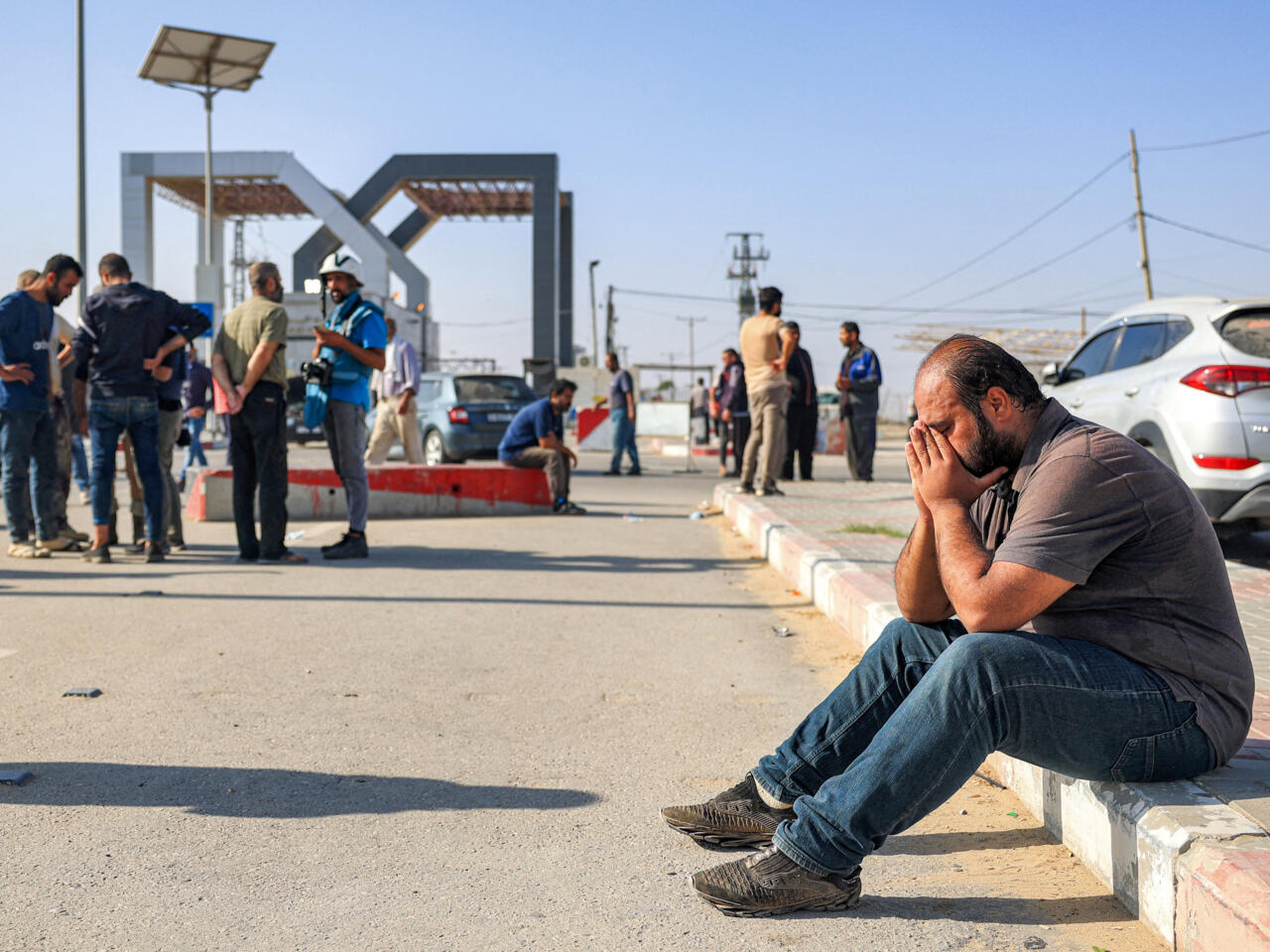Egypt has been among the countries that over the past weeks has warned about occupation of Rafah. Inside Egypt, President Abdel Fattah el-Sisi cannot simply ignore occupation of Rafah since the foreign ministry warned over the past weeks that it is a sensitive region for Cairo. According to the terms of the Camp David agreement, Israeli forces are not allowed to enter this area, and a ground attack on this area means ignoring the provisions of this deal, an issue that worries Egypt more than ever.
Suspending Camp David agreement or withdrawing from it
It seems that Egypt's biggest worry about occupation of Rafah is that Israel will force about 1.5 million Palestinians to move to Sinai Desert of Egypt. Cairo had repeatedly called for a peaceful solution since October 7 last year. It is always sensitive to the violation of the Camp David by the Israelis, and Israel's entry into Rafah is actually a complete violation of the 1978 agreement. In this case, the suspension of Camp David may be Egypt's only option to response to Israeli violation.
Even some experts consider scrapping this agreement as Egypt's last option in the face of Israel's genocide in Gaza. Sharif Moheiluddin, an expert on regional affairs, believes that Egypt should completely withdraw from this agreement if Israel violates Camp David.
Actually, Cairo can declare suspension of the security appendix of the Camp David in response to violation of this treaty and the ground invasion of Rafah and deploy military forces to the Sinai border without coordination with Tel Aviv. This action will be in response to the violation of the Camp David agreement, since any deployment of military forces under the deal should be agreed upon by the two parties, and now that Tel Aviv is sending ground forces without coordination and agreement with Cairo, Egypt's hand is open to reciprocate and send military forces to this border region.
During Munich Security Conference in mid-February, Egyptian Foreign Minister Sameh Shokry had warned that Rafah issue and relocation of its residents was an Egyptian "red line" and "intolerable" because it can unleash huge security threats to Egypt's national security and can strain relations with Tel Aviv.
Will Egypt suspend Camp David?
Deadly airstrikes in Gaza since October that have so far killed 34,000 Palestinians, mainly children and women, across Gaza, including Rafah, have moved el-Sisi to call for a ceasefire during his talks with various Western leaders. Last week, during a phone call with his French counterpart Emmanuel Macron, he warned about the danger of escalation of military tension in Rafah due to its disastrous consequences. However, Israel seems to be turning a blind eye to the warnings of Egypt, and Cairo is alarmed by the Rafah developments.
Still, the suspension of the peace treaty by Egypt is a bit far-fetched, because el-Sisi does not have firm pro-Palestinian positions and support. In fact, the Egyptian president is worried that it might be difficult to return to Camp David after suspension, and also Cairo is not interested in tensions with Tel Aviv, although it verbally supports the Palestinians.
Another Egyptian option: Filing a lawsuit against Israel
In addition to suspension or exit from the agreement, Egypt has another option to deal with the Israeli violation: Endorsing South Africa's genocide case against the Israeli regime and opening war crimes case against Netanyahu and Israeli war cabinet in the International Court of Justice. Egypt can use the Israeli attacks on Rafah to gain the support of its allies in the region. At present, the biggest worry of Egypt is about success of Israel to force over a million Palestinians into Sinai. An influx of over a million refugees can leave destructive consequences on Egypt at political, security, economic, and humanitarian levels and will push fate of Palestine into more ambiguity.
The Chairman of State Information Service of Egypt, Diaa Rashwan, said the government of Egypt "rejects any forced or voluntary relocation of our Palestinian brothers from the Gaza Strip to outside it, especially to Egyptian lands, as this will certainly lead to the dissolution of the Palestinian cause."
Also, it should be taken into account that any Israeli assault on Egyptian territory can provoke the Egyptians to take the initiative against the will and policy of their government and defend their lands. This situation can challenge Egypt's home policy and spark protests against el-Sisi government.
Over the past year, several individual attacks in Egypt
targeted Israelis. Also, a day after October 7, an Egyptian police
killed two Israeli tourists, and in June an Egyptian soldier killed
three Israeli forces on the border. On Tuesday, an Israeli named Ziv
Kiefer, said to be a Mossad agent, was shot dead by Egyptian gunmen in
Alexanderia. This is what Cairo is afraid of. Ground invasion of Rafah
not only affects Gaza, but also poses new challenges to Egypt at home.
/129

